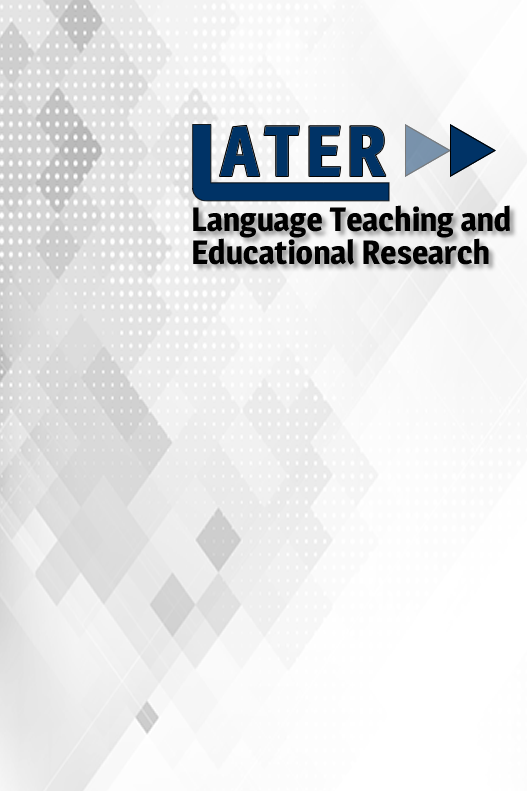
Language Teaching and Educational Research
Yazarlar: Nalan ŞAN BOZOĞLU
Konular:Eğitim, Eğitim Araştırmaları
DOI:10.35207/later.693854
Anahtar Kelimeler:Parental attitudes,Formal English instruction,Foreign language education,Linguistic input
Özet: For many preschoolers in Turkish kindergartens, English instruction starts in the third year of their lives when they have barely begun to articulate their thoughts in their own mother tongue, Turkish. Parents have a dual role as models and decision makers in their children’s foreign language education. As the fifteen participant parents of this study are either proficient non-native English speakers (NNEPs) or native English speakers (NEPs), they can provide linguistic input themselves and expose their children to limited or extensive input in different forms. Thus, this study aims to explore the attitudes of NEPs and NNEPs towards the formal instruction of English in Turkish kindergartens. Fifteen questionnaires and interviews were conducted to gather data using both qualitative and quantitative methods. The results demonstrated that all of the participants have positive attitudes towards their children’s early initiation into English both in kindergartens and at home and they provide different kinds of scaffolding at home, including natural and self-provided input despite the fact that they mostly harbor a deep sense of mistrust in the qualifications of English teachers in Turkish kindergartens in general.